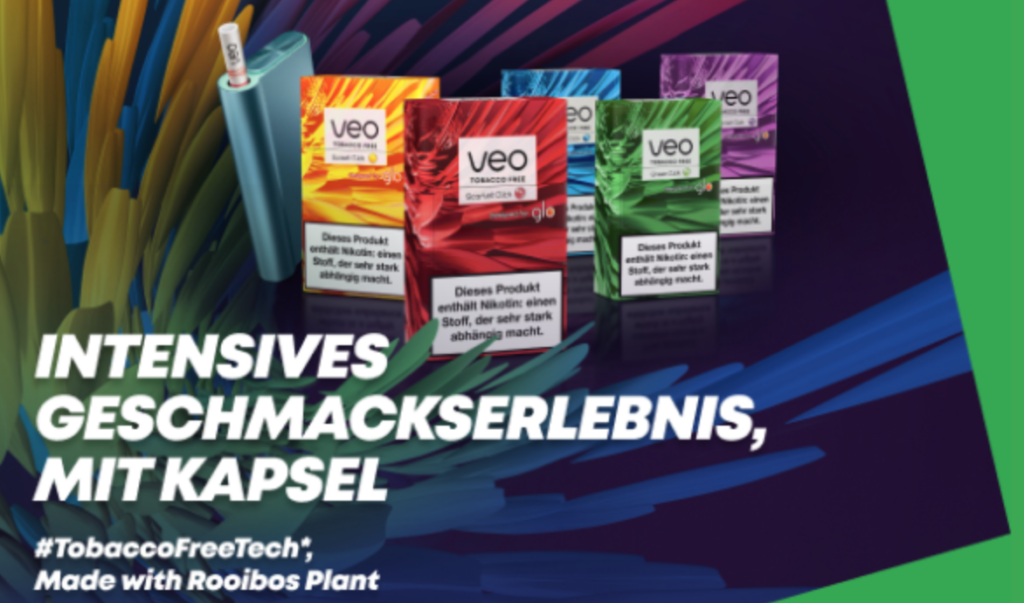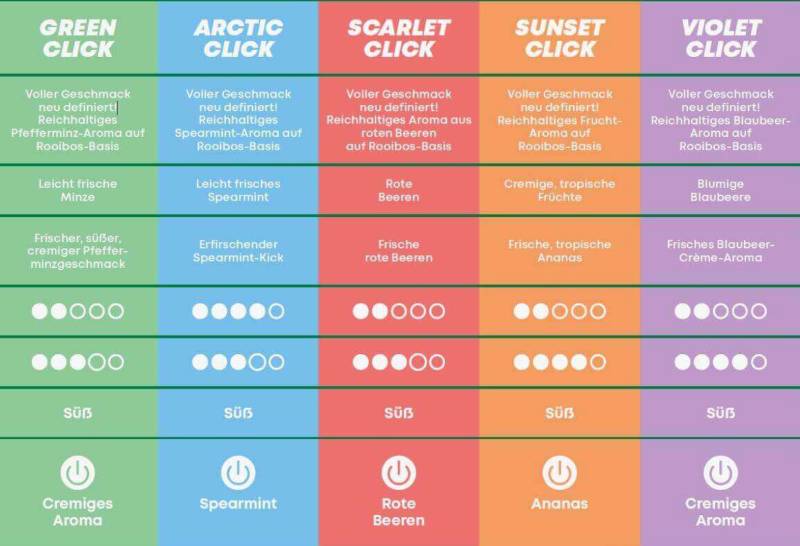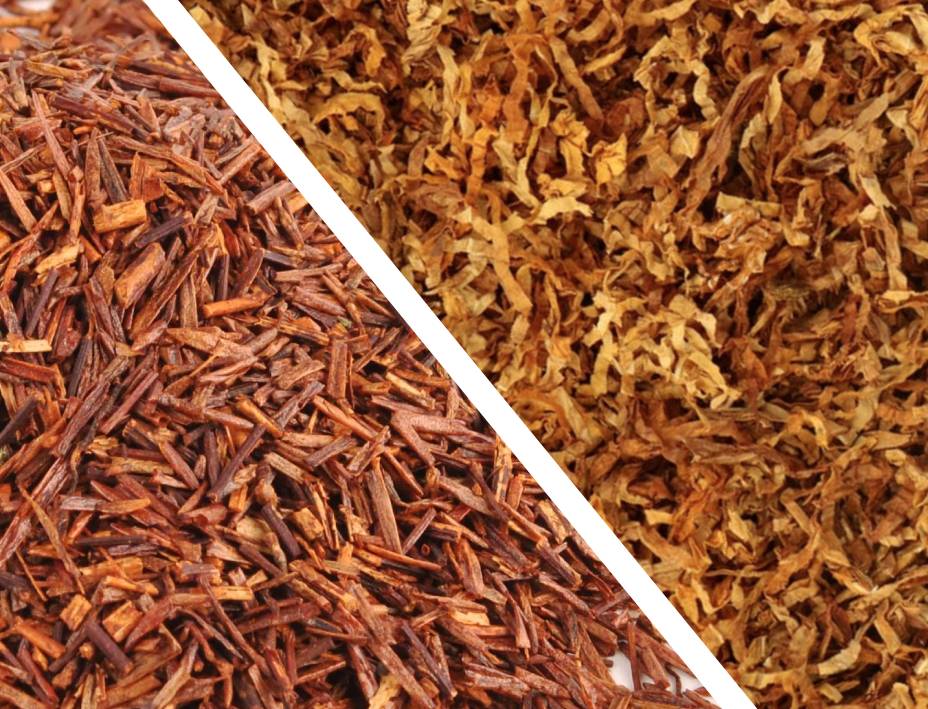In a surprise move, Big Tobacco firms including British American Tobacco have begun selling heat sticks containing nicotine-infused substances, in order to counter an incoming European Union ban on flavoured heated tobacco products. Among these products is rooibos tea, being used in a new application that few could have predicted.
Whilst rooibos has always been considered a healthy lifestyle choice, using rooibos tea in heated sticks that contain nicotine marks a new way to inhale the addictive drug. As a novel development in the use of rooibos, health experts are warning that the safety of using rooibos in this manner is unclear.
And, whilst this technique of heating rooibos may not be considered as dangerous as the smoking of rooibos tea (a practice some smokers turned to during the pandemic lockdown in 2020 when tobacco sales were not permitted), the safety of heated rooibos in a nicotine-delivery system is at this time an unknown quantity. In the same vein it remains to be seen whether the association of rooibos – a product long associated with health and wellness – with smoking is good for rooibos’ image and brand position among consumers.
The tobacco industry has produced “heat-not-burn” sticks containing tobacco for years, with this formulation designed to enable smokers to avoid the toxic chemicals released via combustion.

BAT has launched heat sticks containing nicotine-infused rooibos tea rather than tobacco in nine European markets, including Germany and Greece. The company plans to roll the product out globally.
BAT stated that the move will provide “adult nicotine users and smokers with the widest possible range of reduced-risk products.”
“Anything that burns or is vaporised … and inhaled into the lungs, probably will cause some effects,” said Erikas Simonavicius, a research associate at King’s College London, of the unknown risk factors of the tea-infused heat sticks. Tobacco companies have not yet published any research showing the health implications of rooibos or other zero-tobacco heat sticks, said Simonavicius.
BAT is the first big tobacco company to publicly state what its zero-tobacco sticks are made from. The company declined to comment on whether it had conducted research on the health implications of the product.
Philip Morris International plans to roll out a zero-tobacco stick later this year, according to statements made during the company’s investor day in September. PMI declined to comment on what the product is made from or its health implications.
According to Jacek Olczak, PMI CEO, the company’s product could potentially avoid the regulatory scrutiny of tobacco products.
BAT’s zero-tobacco sticks are not subject to current EU tobacco rules, the company told Reuters.
That means it can sell rooibos sticks in flavours like peppermint and tropical fruit even after a ban on flavoured heated tobacco products is implemented across the bloc later this month.

“The obvious advantage these new products should provide is a way to keep menthol and flavour varieties on the EU market,” Jefferies analyst Owen Bennett said in a note.
Rivals Imperial Brands and Japan Tobacco International declined to comment on whether they will launch zero-tobacco sticks.
However, the regulatory advantages enjoyed by these products are unlikely to last long. In the EU, new tobacco directives are either overdue or expected in the next few years, which points to a likelihood that the next generation of regulation will target nicotine.
In Germany, some smaller purveyors of tea sticks are already in a dispute with authorities over whether their products are subject to existing tobacco tax rules, Fabienne Diekmann, a lawyer representing the companies, said.

